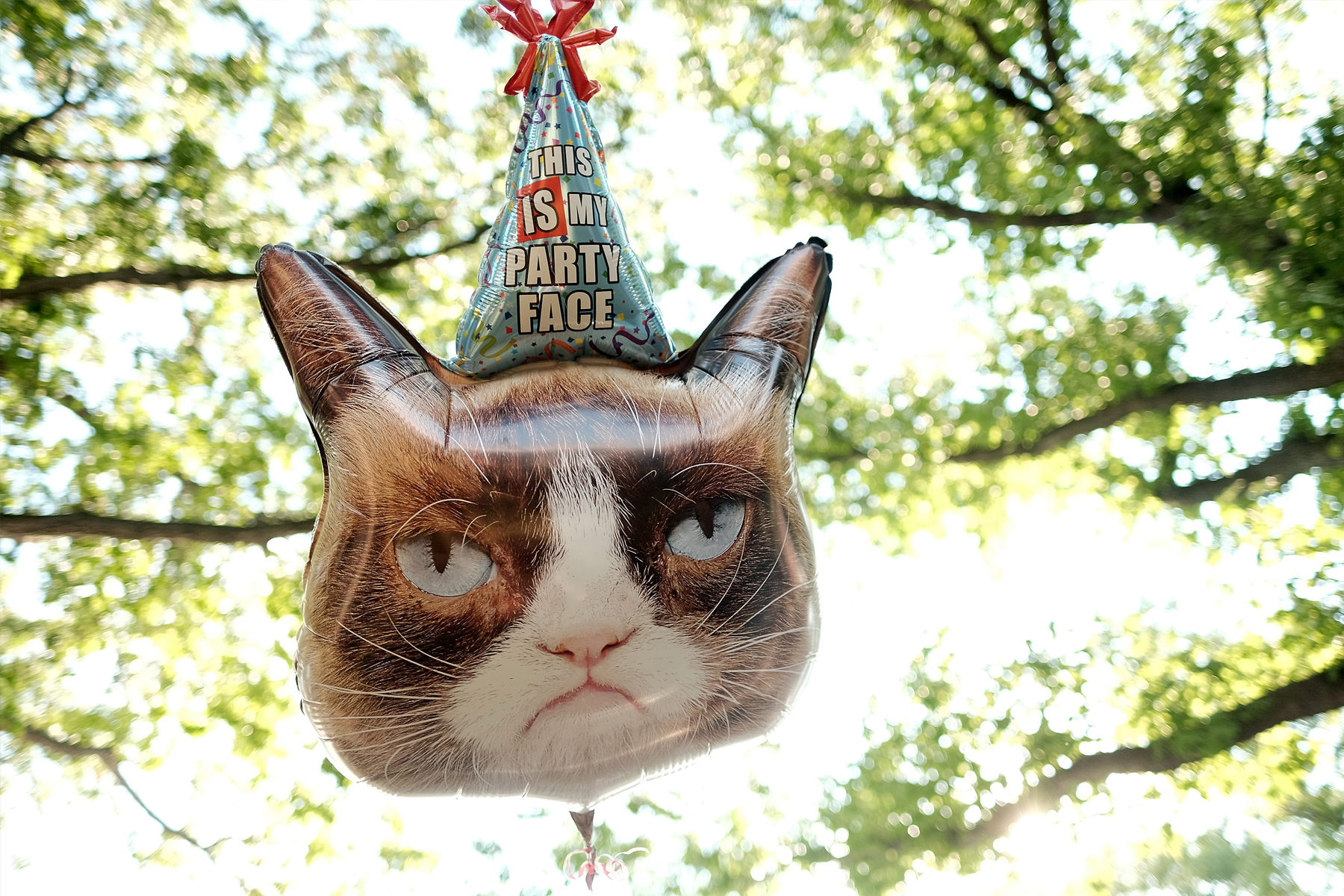Jenna Burrell is Data & Society’s director of research. Shutterstock With the release of GPT-4, writers are faced with a fresh indignity amid ongoing, sweeping changes to their industry and job stability: a tool trained on human writing that seems poised to replace human writers. The global archive of human expression that is the internet — from old digitized books and song lyrics, to mundane chat posts, to articles researched and written by journalists — has trained ChatGPT to predict what words go together and what phrases make sense in response to a given prompt, spitting out replies that seem uncannily apt. Because of this, ChatGPT and similar tools commit a highly sophisticated form of plagiarism. For journalists and other writers who publish their work online, there is presently no way to opt out of having the fruits of their labor sucked into these models. The same applies to artists whose work is used to train similar tools, such as Stability AI’s Stable Diffusion and Midjourney, which produce digital art from text prompts. Consider that OpenAI, the company that built ChatGPT, has a current valuation of $29 billion. It’s a Marxist nightmare: the work of millions accruing to a few capitalist owners who pay nothing at all for that labor. But if you write for a living, spend an afternoon playing around with the tool: it might set your mind at ease. Pretty quickly, you’ll see that ChatGPT tends to write in broad cliches, going for the predictable rather than…ChatGPT and Copyright: The Ultimate Appropriation

The Blog Experiment | Technology Nonsense and Internet Tripe
Hey you read it. We didn't make you read it.